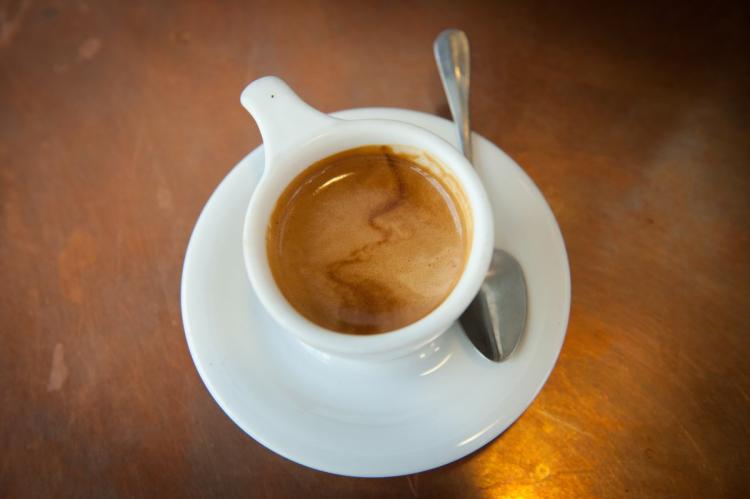-
Tips for becoming a good boxer - November 6, 2020
-
7 expert tips for making your hens night a memorable one - November 6, 2020
-
5 reasons to host your Christmas party on a cruise boat - November 6, 2020
-
What to do when you’re charged with a crime - November 6, 2020
-
Should you get one or multiple dogs? Here’s all you need to know - November 3, 2020
-
A Guide: How to Build Your Very Own Magic Mirror - February 14, 2019
-
Our Top Inspirational Baseball Stars - November 24, 2018
-
Five Tech Tools That Will Help You Turn Your Blog into a Business - November 24, 2018
-
How to Indulge on Vacation without Expanding Your Waist - November 9, 2018
-
5 Strategies for Businesses to Appeal to Today’s Increasingly Mobile-Crazed Customers - November 9, 2018
Coffee Drinking Habits May be Written in DNA
Those people with a DNA variation in the gene called PDSS2 tend to drink fewer cuppas a day, they discovered.
Advertisement
The findings add to previous studies that have identified genes linked to coffee habits and shed new light on the biological mechanisms of caffeine metabolism.
Many studies have been dedicated recently to coffee’s impact on the body, the effects of caffeine and whether different people responded differently to the world’s most popular hot beverage.
Researchers at Edinburgh University found that people with a variation in the PDSS2 gene tend to drink fewer cups of coffee.
It will be a scene familiar to many – a desk strewn with empty coffee cups, eyes desperate to close despite the enormous caffeine hit.
The researchers studied the DNA of 370 people living in a small village in southern Italy and 843 people from villages in north-east Italy.
Scientists said larger studies needed to be performed to further clarify the biological link between PDSS2 and coffee consumption.
The study was conducted across two Italian populations – but when its conclusions were cross-checked with results from a study conducted among individuals from the Netherlands, the effect of the PDSS2 gene appeared to be weaker.
“The results of our study add to existing research suggesting that our drive to drink coffee may be embedded in our genes”, said Nicola Pirastu, a research fellow in statistical and quantitative traits genetics at the University of Edinburgh and the lead author of the study. All were asked to complete a survey, which included a question about how many cups of coffee they drank each day. Now, scientists have identified a gene that may explain why some people drink more coffee than others. “Knowing the genotype of this gene may [also] explain why people react differently to different drugs”, he says.
The reason might be that people with this gene variation break down caffeine more slowly, so the chemical stays longer in their bodies, and they tend to drink less, the researchers said.
Advertisement
However the DNA difference affected the drinking habits of adults from the Netherlands slightly less. Indeed, the intake of caffeine per cup among the Dutch is nearly three times higher than that of Italians, according to the study.





























